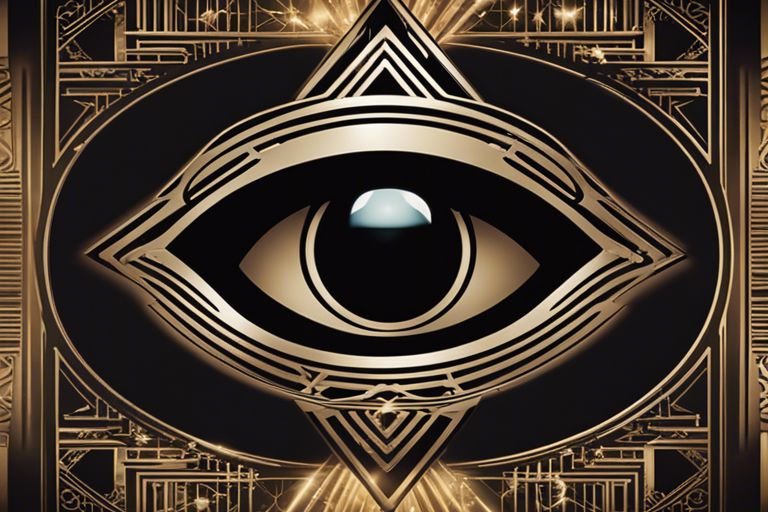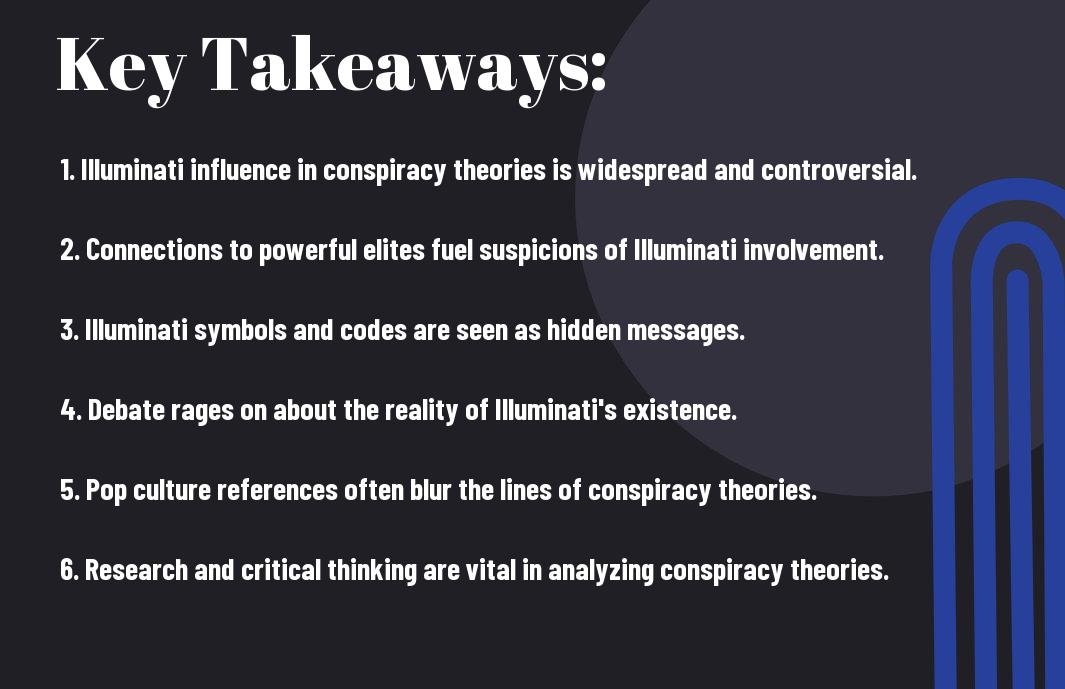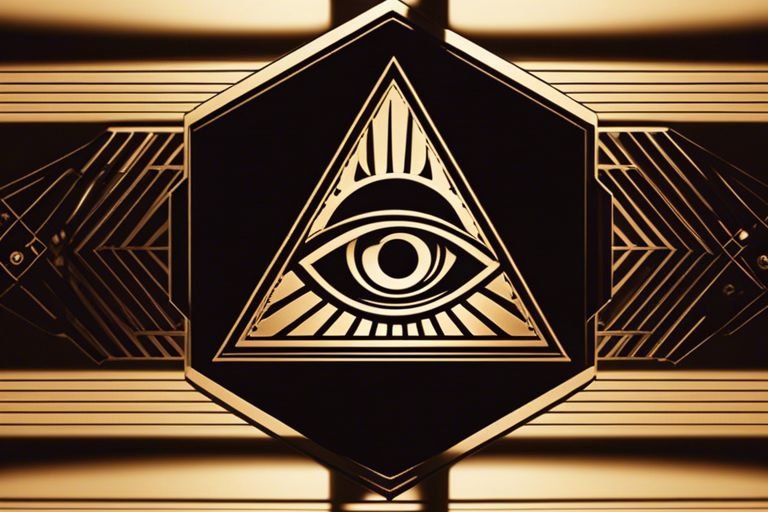
Enigma, mystery, intrigue – these are the elements that fuel many conspiracy theories. But what if I told you that behind some of the most elaborate theories lies a shadowy group known as the Illuminati? Join me in this deep dive as we explore the connections between the Illuminati and the world of conspiracy theories. Is there truth to the whispers and speculations? Are we being manipulated by hidden forces? Let’s unravel the enigma together. And hey, if you’re feeling bold, why not explore more about secret societies and the Illuminati by joining Illuminati Secrete Societies? Who knows what truths we may uncover!

Little is known about the true origins of the Illuminati, but they are believed to have been founded on May 1, 1776, by Adam Weishaupt, a German philosopher and professor. The society, originally known as the Bavarian Order of the Illuminati, sought to promote Enlightenment ideals and oppose religious influence over public life.
One of the most enduring conspiracy theories surrounding the Illuminati is their alleged involvement in world events and control of governments from behind the scenes. Over time, this once obscure secret society has been portrayed as a powerful group steering the course of history in pursuit of a New World Order.
Illuminati: This shadowy organization has been linked to everything from acts of terrorism to celebrity deaths, fueling speculation and fear about their supposed influence over global affairs.
Evolution: As the myth of the Illuminati continues to grow in popular culture and online forums, it is important to separate fact from fiction and understand the historical context in which this secretive society originated.
You, yes you, the internet has revolutionized the way conspiracy theories spread like wildfire. With a simple click, information, whether factual or not, can reach millions in mere seconds. This rapid dissemination has contributed to the proliferation of the Illuminati narrative, gaining traction and captivating the minds of many.
Role models, influencers, and celebrities often unknowingly perpetuate Illuminati conspiracy theories through their artistic symbolism and gestures. From music videos to public appearances, every little detail gets scrutinized and warped into supposed ‘evidence’ of a hidden agenda. These references in pop culture fuel the fervor and belief in the Illuminati’s influence on society.
Internets, did you know that even fictional representations in movies and TV shows play a role in solidifying these beliefs? The entertainment industry has inadvertently become a breeding ground for conspiracy theories, with filmmakers and writers incorporating Illuminati-like themes into their work. This fusion of reality and fiction blurs the lines, making it challenging for individuals to separate fact from fantasy.
Many of us are drawn to conspiracy theories because they offer an alternative explanation to the uncertainties and complexities of the world around us. They provide a sense of order and control in a chaotic and unpredictable reality. Conspiracy theories allow us to make sense of events that seem inexplicable and give us a sense of belonging to a group that shares our beliefs.
On the other hand, cognitive biases play a significant role in our propensity to believe in the existence of the Illuminati and other secretive groups. Confirmation bias, where we seek out information that confirms our preexisting beliefs, and pattern recognition, where we see connections and meanings where none exist, can lead us to perceive the presence of the Illuminati in everyday occurrences.
This inclination to find patterns and connections can be further exacerbated by the availability heuristic, where we give more weight to information that is readily available to us. This can lead us to overlook evidence that contradicts our beliefs in the existence of the Illuminati, reinforcing our conviction in the conspiracy theory.
Influence is a powerful force when it comes to politics and power structures. The idea of the Illuminati controlling governments and world events can be appealing to those seeking to make sense of complex political systems. However, it’s important to critically evaluate the evidence and consider the motivations behind these claims.
Illuminati symbolism and references in media and entertainment have led to rampant speculation about their influence in shaping popular culture. While it’s true that artists and creators often use mysterious and provocative imagery, it doesn’t necessarily mean there’s a secret society pulling the strings. Note, sometimes a symbol is just a symbol, not a sign of a grand conspiracy.
This doesn’t mean we should dismiss all claims of Illuminati influence outright. It’s always important to question and investigate, but let’s also be mindful of falling into the trap of seeing connections where there may not be any. Stay curious but skeptical, and don’t let conspiracy theories distract from real issues that deserve our attention.

As a reminder, the world of conspiracy theories is a complex web of speculation and mystery. While the idea of an Illuminati influence may seem far-fetched to some, the allure of uncovering hidden truths and connecting the dots is undeniably powerful. Whether you believe in secret societies pulling the strings behind the scenes or dismiss it as mere fantasy, the fascination with decoding the enigma will continue to captivate minds and spark debate. Stay curious, stay vigilant, and always question the status quo. Who knows what secrets may be lurking just beneath the surface?